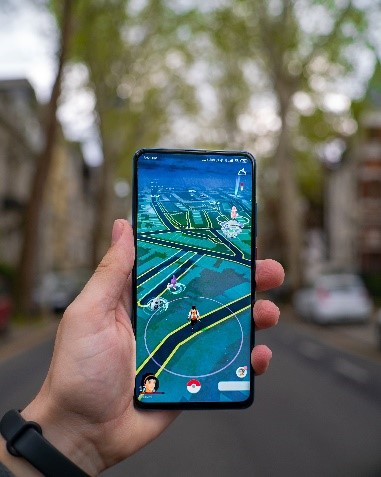 Center for Instructional Technology and Training
Center for Instructional Technology and Training

Across the country, colleges, and universities have created engagement programs, outreach initiatives, and academic centers geared towards improving student outcomes, however, that alone may no longer be enough. In higher education, it is imperative for institutions to adapt to meet the needs of the current student populations during the ever-changing fast-paced world of the twenty-first century. Students have come to expect uniquely blended experiences that combine reality and the digital world in all aspects of their lives – education is no exception. Incorporating game design into your course deserves exploration as a potential vehicle for delivering information to and engaging students.
The overwhelming majority of students on college campuses today are no longer Millennials, but rather members of a new generation born after 1996 and referred to as Generation Z or Gen Z. According to the Pew Research Center, during their lifetime technology, particularly the rapid evaluation of how people communicate and interact, has created the “always-on” technological environment that has become commonplace.
To truly meet today’s college students where they are, leaders and educators should harness the power of mobile devices and digital game-based learning (DGBL) in the form of game-design elements and/or instructional games (an interactive, digital game that is designed specifically to facilitate learning). Given that instructional design principles arose from hundreds of years of studying learning and play theory, games emerged as a successful way to teach previously unknown content while tapping into the same learning mechanisms and strategies that have worked for humans since the dawn of time (Van Eck, 2010). At the intersection of expert instructional design pedagogy and emerging technologies lay DGBL rocks that are left unturned holding great potential for relaying vital information and driving student engagement, especially as it relates to student services. Although, game implementations may not be an appropriate fit across all services departments, game-based designs could be effectively applied to supplement the following areas:
Academic Advising - to educate students on common pitfalls as it relates to developing academic plans of study and working towards educational goals.
New Student Orientation – games could be used as an engaging and interactive way of introducing students to their new college campus while also sharing information about campus resources across various departments.
Targeted Student Populations – when working with specific student populations on college campuses, games can help track student participation in program services, provide feedback to students, and nudge students toward intended behaviors of the group. For example, the Machen Florida Opportunity Scholars program works with historically low-income first-generation students and could potentially use instructional games to supplement programmatic goals and deliver student learning objectives.
Game-based learning is a fun and engaging strategy to use for motivating students and sparking interest. Request assistance to consult with an instructional designer to discover more ways to increase engagement.
Parker, K., Igielink, R. (2020, May 14). On the cusp of adulthood and facing an uncertain future: what we know about gen z so far. Social and Demographic Trends. Pew Research Center. https://www.pewsocialtrends.org/essay/on-the-cusp-of-adulthood-and-facing-an-uncertain-future-what-we-know-about-gen-z-so-far/
Atsusi Hirumi, Bob Appelman, Lloyd Rieber, Richard Van Eck. Preparing Instructional Designers for Game-Based Learning: Part 1. TECHTRENDS TECH TRENDS 54, 27–37 (2010). https://doi.org/10.1007/s11528-010-0400-9
Photo by Mika Baumeister on Unsplash
Tags: Educational Technology, Student Engagement, Student Services, Flipped Learning, Active Learning, Game-based Learning, Instructional Games